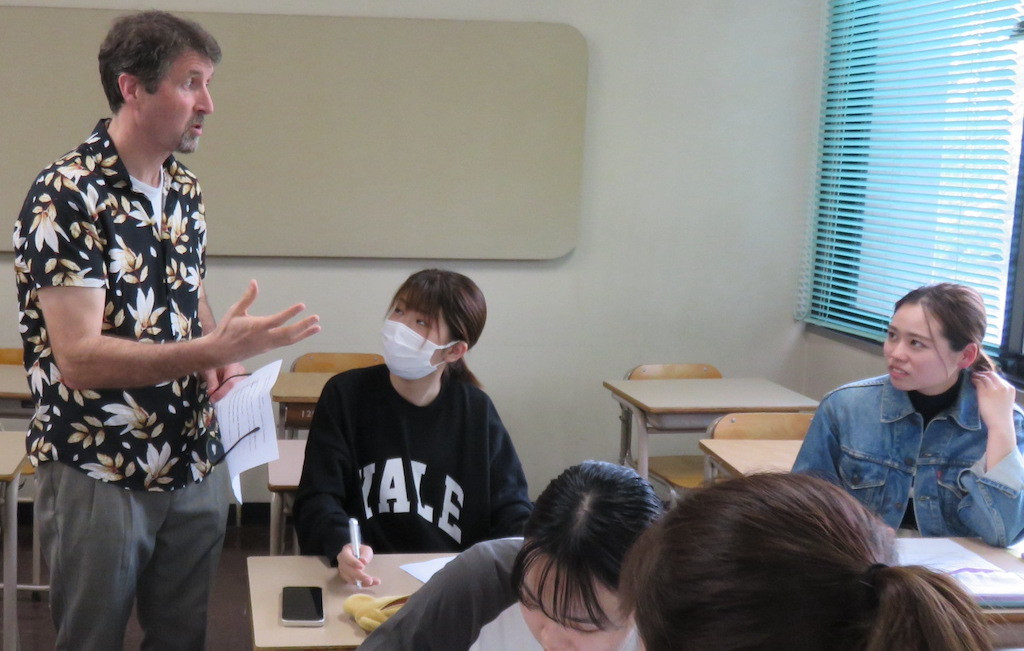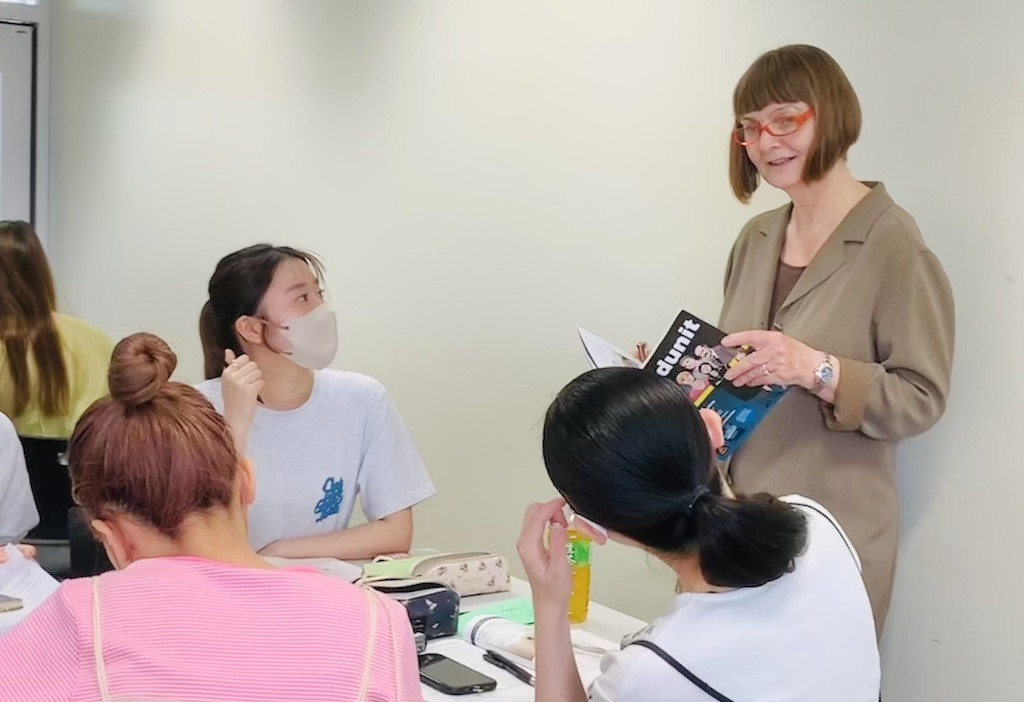On January 1, 2024, at 4:10 PM, a magnitude 7.6 earthquake, with a seismic intensity of 7, occurred with its epicenter in the Noto region of Ishikawa Prefecture. Subsequent aftershocks have continued. Additionally, on January 2, around 5:47 PM, Japan Airlines (JAL) Flight 516, which took off from New Chitose Airport and landed at Haneda Airport, collided with a Japan Coast Guard aircraft on the runway, resulting in a fire. While JAL Flight 516 was engulfed in flames, all 379 passengers and crew members safely evacuated. Despite the series of unfortunate incidents at the beginning of the year, the focus here is not on the earthquakes or the aviation accident itself, but rather on reflections about the media coverage surrounding these events.
■ Accident reporting and press conferences
Regarding the Noto Peninsula earthquake and the Haneda Airport accident, in the global society, overseas media simultaneously disseminate information. The swiftness of global-scale information transmission is overwhelming. Naturally, Japanese media is at the forefront of providing the most detailed information. In the case of the Haneda Airport accident, videos were continuously streamed over the internet without interruption from the occurrence of the incident. Additionally, tense moments leading up to the evacuation were conveyed through videos recorded by passengers. Subsequently, press conferences by relevant government agencies were held, and these were also broadcast live. However, while watching the live coverage and comparing it to foreign media, I noticed certain characteristics in Japanese reporting. Summarizing these features: ① There is a strong tendency to focus on the immediate situation, ② There is a tendency to repeatedly broadcast the same information, ③ Explanations by experts are often unclear due to poor articulation, ④ Press conferences by government agencies often provide responses like "currently under verification."
■ Overseas media coverage
Compared to multiple overseas media reports, I found Sky News in the UK to be particularly comprehensible. While providing a live broadcast of the accident, they began by using a map of Japan to introduce the aircraft's flight path, presenting an overview of where and what happened. Additionally, three aviation experts explained the equipment of both JAL (Airbus A350) and the Japan Coast Guard (Bombardier DHC8), analyzing details such as the ongoing rotation of the right engine shown in images, the roles of the captain and cabin crew, and the factors contributing to the successful evacuation within 90 seconds (noting the fortunate trait of the Japanese people in following instructions). The experts' articulation was clear, and the reporting was logical and easily understandable. Early on, they expressed the impressive assessment that "it is close to a miracle that all passengers and crew of the JAL aircraft could evacuate safely," praising the passengers' actions and the effectiveness of the crew's training. It's essential to note that the comparison is not about determining which, Japanese or foreign media, is better, but rather recognizing the differing perspectives in their reporting.
■ Analytical Thinking to Notice Differences
While observing the differences in the recent media coverage, I couldn't help but think, "What does this mean?" Japanese people tend to focus on local details, and this can be effective. The delicacy of the Japanese might be one example of this. On the other hand, in the West, there seems to be a proficiency in grasping the overall picture and analyzing it comprehensively. Furthermore, expert explanations are delivered with clear articulation and logical clarity. In Western societies, there is an expectation to regularly explain oneself in everyday language, and relying on notes or providing arrogant responses is strongly criticized. This proficiency in expressing oneself is likely developed in a society composed of people with diverse values.
Currently, Japan faces numerous challenges. One such issue is reflected in the annual "Gender Gap Index" released by the World Economic Forum. Looking at the 2023 results, Japan ranked 125th out of 146 countries, but this doesn't receive significant coverage in Japan. When learning English, many people often utilize foreign media not just for language acquisition but they should also utilize it to sharpen their thinking skills by paying attention to differences in perspectives and awareness of issues. The EAGL Department cultivates the ability to notice "differences in perspectives" throughout the four years of study. While it may seem like a subtle task requiring patience, it is an essential skill for thriving on a global scale. "Think Different!"
The EAGL Department is diverse. Approximately 90% of our graduates go on to work in various corporations, but our alumni also excel in roles such as English teachers in junior and senior high schools, instructors for children's English education, and pursuing further education in domestic and international graduate programs. Graduates from our department are making a difference in different places. Whether you're someone aiming to maximize your English proficiency to succeed globally, an individual raised abroad, someone who struggled with English until high school, or someone whose goals are still uncertain, we welcome anyone who resonates with the MISSION of our department. In our small department, the belief that "you can do it if you try" prevails. Think EAGL!



